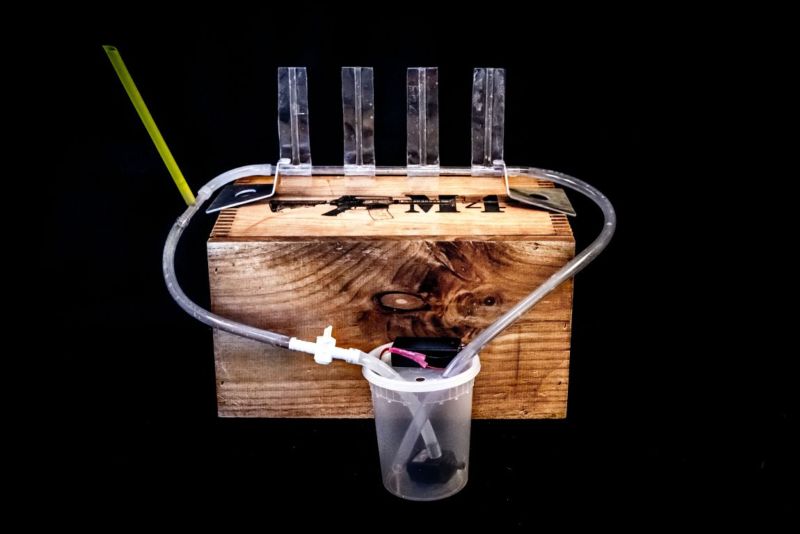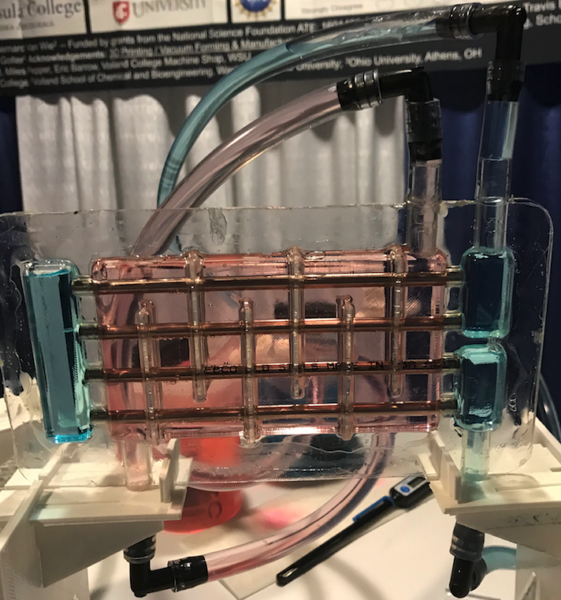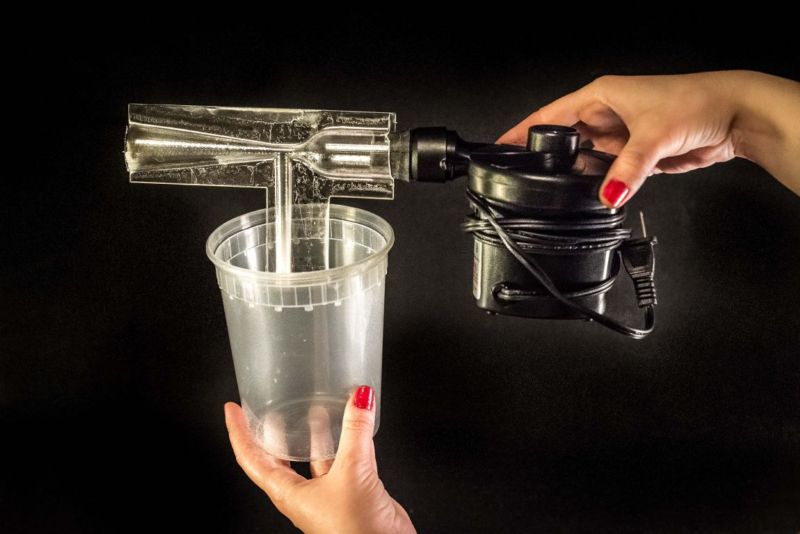Based on projected growth of the petroleum industry in Alaska and worldwide, the pace of process technician education will need to increase to meet employer demand for highly-qualified process technology technicians. The project's long-term goal is to build a sustainable program to enhance community college process technology education by introducing new hands-on opportunities through use of light-weight extremely low-cost miniature industrial equipment (LCMIE) with a small footprint that fits on a standard desktop or which can be taken home for use in homework assignments. The LCMIE technological approach is being developed in an ongoing NSF IUSE grant (DUE-1023121) and will be applied and expanded for technician education. The focus is on easing incorporation of this new technology and assessing its impact in community colleges with Process Technology programs with an end goal of educating a more flexible and knowledgeable technician for industries that use mechanical, physical, and chemical processes.
The objectives are to: (1) develop and pilot the means to easily incorporate existing, lower-cost, hands-on equipment into the classroom by developing student and instructor materials, (2) develop a new injector LCMIE suited for process technician training programs, (3) model and assess LCMIE implementation within an existing 2-year process technician program at Kenai Peninsula College (KPC), and (4) disseminate activities regionally and nationwide. LCMIE implementation strategies are expected to impact 2-year AAS Process Technology technician programs and trainees, vital to oil and gas production, chemical manufacturing, petroleum refining, utility and power generation, water treatment and food processing industries. Results will be disseminated through the Alaska Process Industry Careers Consortium, an advisory board to state process technology programs, and nationally through workshops at the North American Process Technology Association Instructor Skills, and American Society for Engineering Education Annual Conferences.


The National Science Foundation's Advanced Technological Education (ATE) program has been funding innovation at two-year colleges for over twenty years. With a focus on the education of technicians for the high-technology fields that drive our nation's economy, and strong partnerships between academic institutions and industry, ATE promotes improvement in the education of science and engineering technicians at the undergraduate and secondary school levels.
To learn more about ATE, please visit the NSF ATE program home page.
